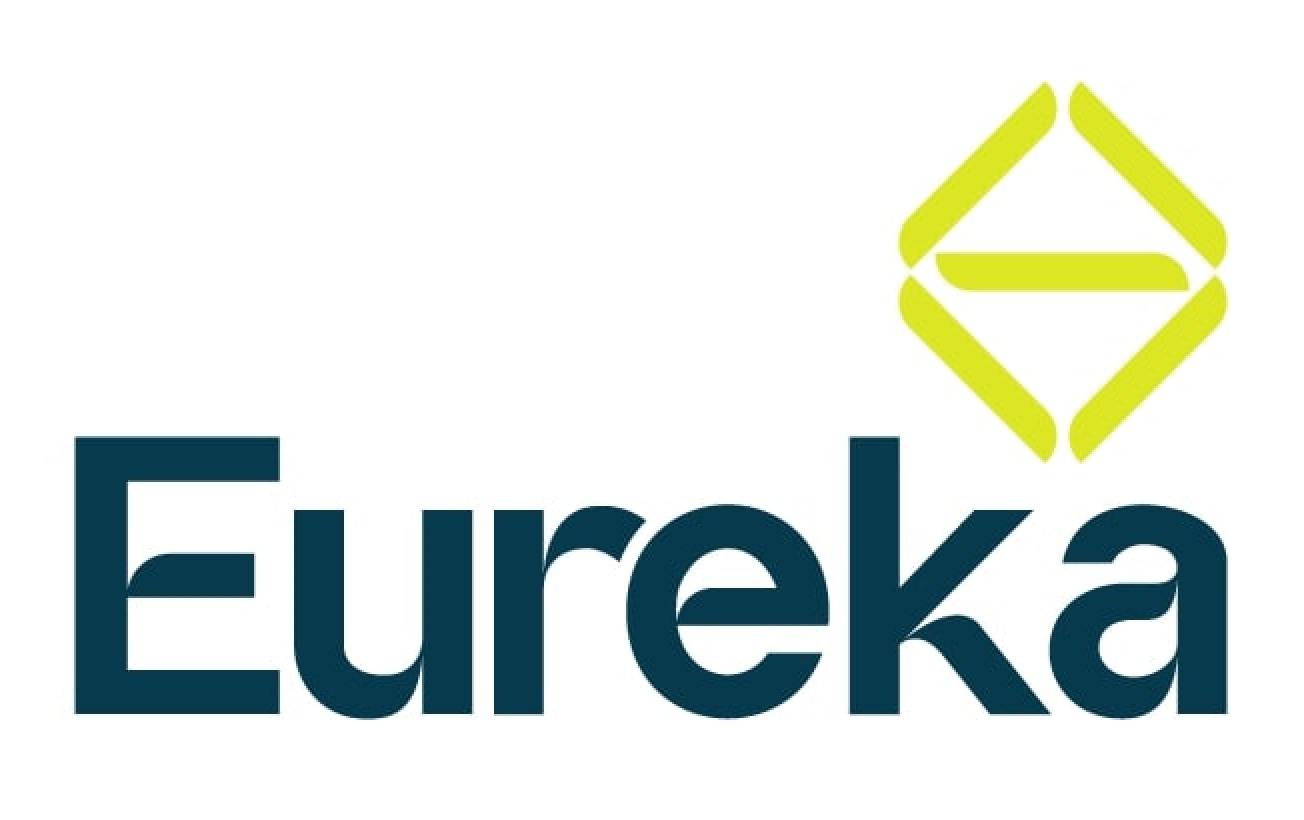Unlocking potential: The imperative of neurodiversity in inclusive recruitment practices
Inclusive hiring practices and Diversity, Equity, and Inclusion (DEI) initiatives are gaining momentum across various industries, particularly in sectors like healthcare and life sciences. While statistics detailing the prevalence of DEI elements may vary, many organisations, including large pharmaceutical companies, are committing to fostering inclusive workplaces through a range of initiatives.
These efforts often include establishing diversity and inclusion councils, implementing training programs to address unconscious bias, and adopting inclusive recruitment strategies. However, there's always room for improvement. Conscious, unbiased recruitment practices are essential, especially when considering neurodivergent applicants. It's crucial for organisations to embrace neurodiversity and recognise the unique perspectives and talents that neurodivergent individuals bring to the table.
Addressing implicit bias and unconscious stereotypes is also key. Even well-intentioned individuals may hold biases that influence decision-making processes. Ongoing education, training, and self-awareness are essential for combating these biases and creating truly inclusive environments. Additionally, organisations must recognise and address the unintentional obstacles that conventional recruitment practices may pose for neurodiverse candidates.
Organisations that prioritise DEI initiatives are likely to benefit in several ways. By adopting inclusive hiring practices, they demonstrate a commitment to equal opportunity and legal requirements, which can influence broader adoption of DEI practices within the organisation. Moreover, a strong commitment to DEI can enhance the organisation's reputation as an employer of choice and a responsible corporate citizen.
However, crafting and implementing a robust DEI process can be challenging. Leadership commitment and accountability are paramount. Leaders must be held accountable for advancing DEI goals within their teams and departments. This can involve tying DEI metrics to performance evaluations, compensation, and promotion decisions to incentivise progress.
In summary, while DEI efforts are underway in many sectors, including biomedical and pharmaceutical organisations, continued progress is needed. Fostering inclusive recruitment practices, embracing neurodiversity, improving organisational reputation, holding leadership accountable, and addressing implicit biases are all essential steps toward creating truly inclusive workplaces.
Share our insights
Recent insights




